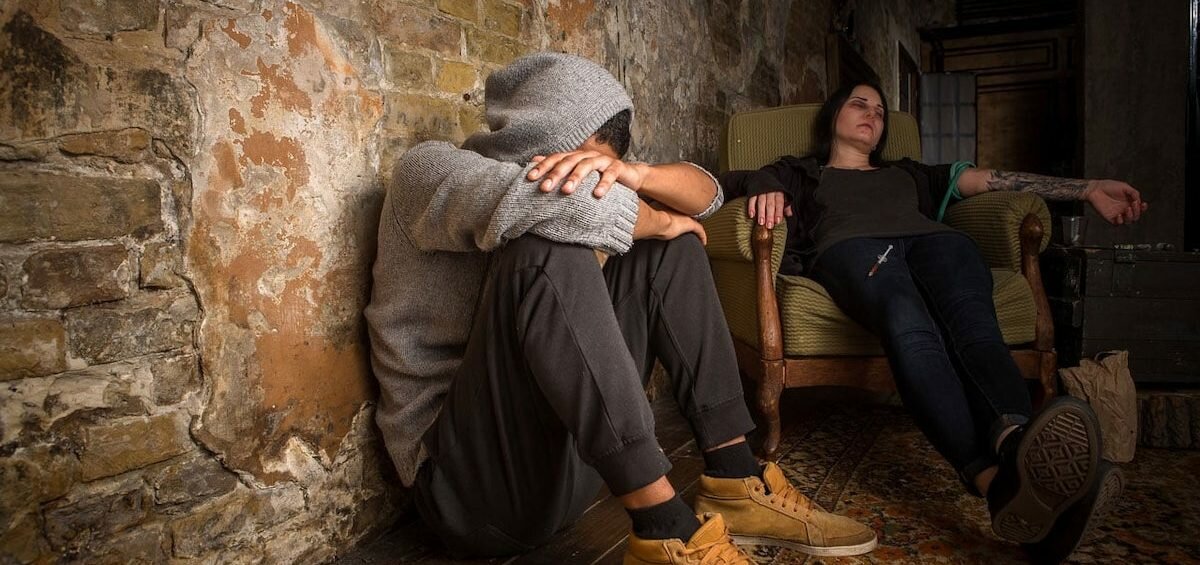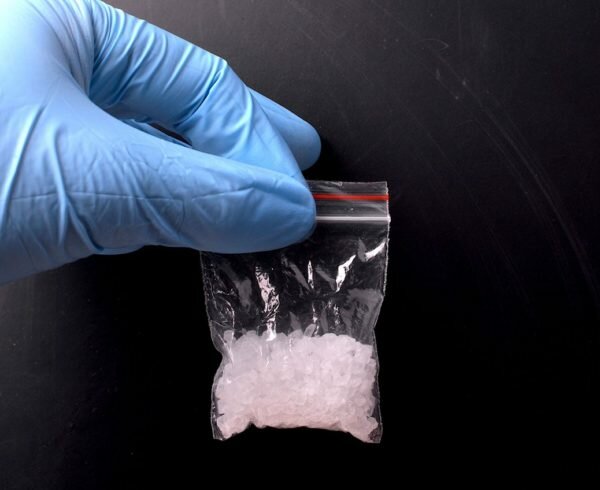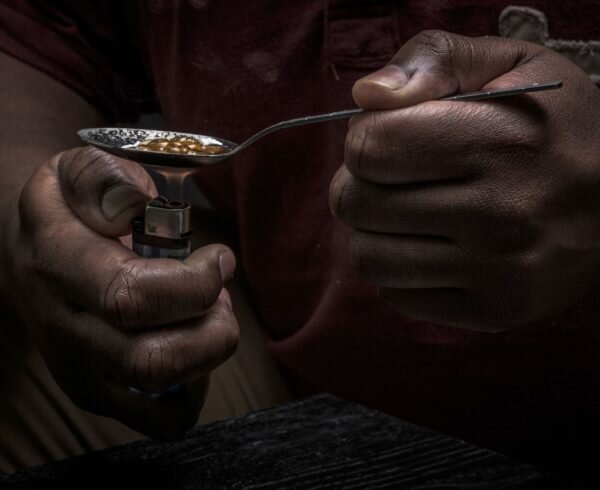Individuals who suffer from drug addiction come from all walks of life regardless of age, sex, race or background. Some people can use drugs and casually walk away without looking back, but others develop intense addictions, causing them and their loved ones, pain and suffering. Drugs can drastically affect relationships, school, work and health.
Drug abuse is a multi-faceted and chronic disease that leaves individuals with feelings of shame and isolation. For those who are worried about their own use or who are thinking that their loved ones are misusing drugs, the first steps are recognising the problem, understanding addiction, knowing about available treatments and then to take appropriate action towards recovery.
An Overview of Drug Misuse
People start using drugs without the intention of becoming addicted. Some people start out of curiosity, peer pressure or as a way of handling stress, anxiety and depression. But contrary to popular belief, illegal drugs like speed, ice, cocaine and heroin are not the only types of drugs that result in addiction. Pharmaceuticals, including painkillers, sleeping pills, anti-anxiety and other prescribed medication can also be misused.
Today, more than 3 million Australians use illicit drugs, while around 1 million cases of pharmaceutical drug abuse have been recorded. More than 40 percent of Australians over the age of 14, have experienced using illicit drugs, and each year, more than a quarter of Australians in their twenties use drugs. The type of drugs that people may misuse depend on their socioeconomic background, that is, where they live, home environment and income factors.
Illicit drug use has legal repercussions, and in Australia, the use, possession or the selling of illicit drugs may result in being fined or even in jail time.
Why Do People Use Drugs and How Do They Become Addicted?
Some people are vulnerable to drug use, but not all become addicted to drugs. Studies show that impulse is a trait often linked to substance misuse. Some individuals also use drugs to cope with anxiety, stress and depression.
Despite the many circumstances that lead to drug use, many people still do not understand addiction. One of the most common misconceptions about addiction, is that it’s a matter of choice or it’s a moral problem. This is far from the truth, because with addiction, the brain changes drastically, and significant intervention is required to restore the brain functionality. The more and the longer a person has taken drugs, the more difficult it is to quit.
Why Are Drugs So Addictive?
Addiction hijacks the brain regions that are essential in our everyday functioning. The brain rewards behaviours such as exercising, eating, spending time with loved ones or doing enjoyable activities. Regions that make people feel good are switched on as a reward system. But this normal scenario changes markedly with addiction, because drugs hijack the reward region of the brain, hooking people into wanting more. Quitting drugs activates the brain circuits that cause anxiety and stress, and at this stage, people simply use drugs not for pleasure, but to avoid the negative effects of quitting.
Teens are highly vulnerable to addiction because their brains are not yet fully developed, particularly their brain’s frontal regions responsible for impulse control. As they use drugs, the pleasure circuit in their brains tend to go into overdrive, prompting them to use drugs more frequently because it feels rewarding.
The Signs of Drug Addiction
It is essential to recognise the following signs of drug addiction and seek immediate help to address the problem at an early stage:
- Feeling agitated without drugs or needing more drugs to exhibit the same kind of positive effect
- Difficulty in quitting
- Avoiding people who don’t use drugs and gradually withdrawing from friends and family
- Experiencing troubles with relationships, school or work
- Dependence on substance to cope with physical, emotional and social needs
- Participating in activities that may endanger oneself or others, such as driving under the influence of drugs
- Having to lie about locations related to drug use
- Having financial difficulties that primarily stem from substance use
- Needing to sell belongings, or borrowing and stealing money to pay for drugs
- Experiencing withdrawal symptoms when attempting to quit
- Feeling anxious, restless, angry or depressed
- Physical symptoms, such as weight loss or weight gain
Situations and Scenarios That Contribute to Drug Addiction
It’s hard for some people to understand why others misuse drugs, and there are many misconceptions about drug use that have influenced people, sometimes even loved ones, to have a lack of empathy with those who are struggling with addiction. Drug addiction is a complex disease that involves environmental and genetic factors and having a better understanding of addiction, can encourage the drug user and other family members to have hope for a positive recovery outcome.
Addiction experts are beginning to move away from the thinking that addiction has multiple forms. Instead, the syndrome model of addiction suggests that the object of addiction can be almost anything, whether it is drugs, alcohol, gambling or sex. Addiction develops when a drug or activity provides a person with a positive experience and makes them feel good or better.
Addiction then refers to the relationship between individuals and the object of addiction, suggesting that addiction serves while it destroys. As the object of addiction becomes important, other facets of the individual’s life such as hobbies, school, work and even family/relationships become secondary and unimportant. The addiction may escalate as the struggle continues to affect other family members, health and life in general.
The American Psychological Association also suggests that at least half of an individual’s predisposition towards drug addiction has genetic links. Researchers from the Harvard Medical School have found that children whose parents or caregivers misuse, produce or sell drugs have significantly higher risks of misusing drugs themselves.
But addiction is not just about an individual’s genetics or background because it may also stem from environmental factors. An individual may be influenced by different areas, such as their community, family, friends and school. Addiction may develop in any of these, and about 10 percent of people who experiment with drugs become addicted.
Individuals whose community has a favourable take on drug use and crime have a higher risk of misusing drugs. The single biggest factor that affects drug abuse is having peers who engage in drug use. Family conflicts and parents with an acquiescent attitude towards drug use may also cause drug use problems.
The Link Between Drug Addiction and Risky Behaviour
Individuals who take drugs for the first time lose their inhibitions, increasing the chances of engaging in risky behaviour. A link in drug use and risky sexual behaviour has been established. Examples include engaging in sexual activity with multiple partners and a disregard for the consequences, such as acquiring STDs. Others may share needles irresponsibly without due care for possible diseases.
This may lead to getting STDs such as HIV/AIDS and hepatitis B or C. Drugs may also lower a person’s immune system, thereby impairing the person’s ability to fight infections.
The Biological Consequences of Drug Addiction
Drug use can have a wide range of short-term and long-term effects. These effects vary according to the type of drug used, how it is used, how much is taken, the person’s health and other factors.
Short-term effects of drug use include changes in appetite, inability to sleep, heart rate and blood pressure increase, mood swings, stroke, psychosis or death. These effects may take place even with using drugs just once.
Long-term drug use has drastic biological effects on the body. Some diseases associated with it include respiratory diseases, cancer and mental illness.
Drug addiction can likewise affect not only those struggling with addiction, but also the people around them. It affects nutrition and decision-making and increases risk for trauma and injury. Babies born to women who have used drugs during pregnancy, may also be affected.
Some drugs like ketamine and heroin may also lead to overdose. If this happens, the person may fall into a coma and may die.
What Happens When a Person with Addiction Withdraws?
Withdrawal is the process of quitting addictive substances such as drugs. Cutting back on the use of drugs or totally ending drug use is accompanied by unpleasant and often debilitating symptoms called withdrawal symptoms. These symptoms occur because the body has developed physical dependence on the drug and needs the drug to function normally. Individuals who misuse drugs often cannot quit because of the severe withdrawal symptoms.
Withdrawal symptoms for opioids (heroin, opium, morphine, codeine and methadone) include nausea and vomiting, anxiety, insomnia, extreme perspiration, watery discharge, cramps and diarrhoea. Symptoms for benzodiazepines (oxazepam, diazepam and others) are anxiety, insomnia, restlessness, agitation or irritability, poor memory and concentration, and muscle aches.
As for stimulants (methamphetamine, amphetamine and cocaine), withdrawal symptoms include depression, agitation, irritability, increased sleeping, increased appetite and muscle pains.
Patients with withdrawal symptoms may feel anxious or scared, and accurate and realistic information about withdrawal symptoms may help alleviate the fear and anxiety of recovering patients.
Treatment Options for Drug Withdrawal
Addiction is a complex disease of the brain, but it is treatable. However, no single treatment is suitable for everyone because drug addiction takes many forms. Treatment, intervention and services that match an individual’s needs are necessary for the ultimate success of the treatment.
Detoxing from Drugs
Medically assisted detoxification is the first step towards addiction treatment. Drug detoxification involves providing recovering clients with support to address the side effects of withdrawal. This may involve the use of medication prescribed by physicians in a controlled environment, to help recovering clients cope, and to prevent unwanted repercussions that may harm the clients and their loved ones.
Some of the medications used in drug detoxification include methadone, buprenorphine and naltrexone for treating heroin or opioid addiction.
Although medical detoxification is a necessary first step towards recovery, this alone is not effective for addiction treatment and in itself does not change drug addiction.
Rehabilitation
Clients are encouraged to proceed with counselling and behavioural therapies. For addiction to stop, the client’s psychological and social wellbeing must also be addressed.
DayHab provides outpatient and in-patient programs that help in the rehabilitation treatment of recovering clients depending on their needs. Outpatient programs are ideal for clients who want to receive immediate support at home. For individuals who need long-term support, an in-patient program is available, and clients can make use of the 28 day, 60 day and 90 day programs.
DayHab provides psychological assessments to gauge the needs of a client as no two cases are the same. The clinic provides one-on-one and group counselling sessions and activities that empower individuals and give them courage to proceed and complete the recovery treatment.
It’s important and necessary to include friends and loved ones in the client’s journey. As such, DayHab also provides support by giving them information on how they can help their loved one, as well as assistance with managing any problems they encounter while dealing with the addiction.
Living a Life Without Drug Addiction
For those who think that a drug addiction case is a hopeless case and is not worth treating, they should not lose hope. No matter how deeply rooted the problem is, there is still a chance for recovery with the right kind of intervention and treatment approach.
DayHab Private Hospital for Addiction Treatment in Melbourne is dedicated to extending a helping hand in ensuring that individuals are treated promptly and effectively. We treat all cases using an approach that caters to the needs of the individual.
DayHab’s doors are open to all individuals who are struggling with drug addiction and misuse. We are here to aid teenagers who have just started misusing drugs and older individuals who want out of a long-term addiction. We take a holistic approach in seeing that all who want help receive it. By providing the right interventions and support, we help clients to access the strength and develop strategies they need to achieve and maintain recovery.
To find out more about DayHab’s programs and services, reach out today.





